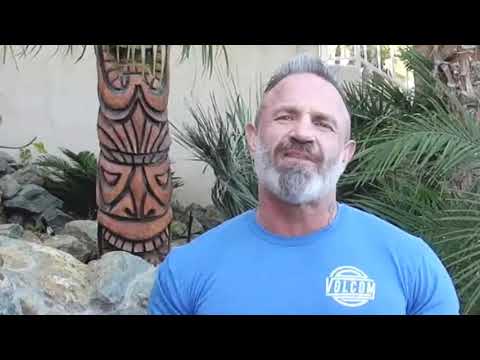In a world that often feels chaotic and overwhelming, many men are turning to ancient philosophies to find balance and purpose. One such philosophy that has stood the test of time is Stoicism. Rooted in ancient Greek and Roman thought, Stoicism offers practical wisdom for facing life’s challenges with resilience and grace. This article explores how men can apply the principles of Stoicism to modern life, enhancing personal growth, mental clarity, and emotional strength.
Understanding Stoicism
What is Stoicism?
Stoicism is a philosophy that teaches the development of self-control and fortitude as a means of overcoming destructive emotions. Founded in Athens by Zeno of Citium in the early 3rd century BC, Stoicism has been practiced by some of history’s greatest minds, including Marcus Aurelius, Seneca, and Epictetus.
Core Principles of Stoicism:
- Virtue as the Highest Good: Stoics believe that living a virtuous life is the path to true happiness.
- Control What You Can: Focus on what is within your control and let go of what isn’t.
- Embrace Adversity: View challenges as opportunities for growth.
- Mindfulness of the Present Moment: Live in the here and now, without being overly concerned about the past or future.
Applying Stoicism to Modern Life
1. Practicing Mindfulness and Presence
Daily Reflection:
Set aside time each day for reflection. This practice helps you assess your actions and thoughts, promoting self-awareness and personal growth.
Example Exercise:
- Spend 10 minutes each evening reflecting on the day. Ask yourself what you did well, what you could improve, and how you handled various situations.
[Suggested Affiliate Link: Use the Five Minute Journal for guided daily reflections]
Mindful Breathing:
Practice mindful breathing to stay grounded and present. This technique can help manage stress and improve focus.
Example Exercise:
- Take deep breaths, focusing on the sensation of air entering and leaving your body. Try this for 5-10 minutes daily.
Learn mindfulness techniques with Headspace
2. Embracing Challenges as Growth Opportunities
Reframe Adversity:
Instead of seeing challenges as setbacks, view them as opportunities to grow stronger. This shift in perspective can transform how you handle difficult situations.
Example Exercise:
- When faced with a challenge, write down how this situation can help you grow. Identify at least one positive outcome.
Practice Voluntary Discomfort:
Periodically put yourself in uncomfortable situations to build resilience. This could be as simple as taking a cold shower or fasting for a day.
Explore resilience-building practices with Wim Hof Method
3. Focusing on What You Can Control
The Dichotomy of Control:
Recognize what is within your control (your actions, thoughts, and responses) and what is not (other people’s actions, the weather, etc.). Focus your energy on what you can influence.
Example Exercise:
- Make a list of current concerns and categorize them into things you can control and things you cannot. Commit to letting go of what you can’t control.
Develop a Daily Routine:
A structured routine helps maintain focus and productivity. It provides a sense of control and predictability in an unpredictable world.
Plan your day with the BestSelf Co. Planner
4. Cultivating Virtue
Live by Your Values:
Identify your core values and strive to live by them daily. This practice aligns your actions with your beliefs, fostering integrity and self-respect.
Example Exercise:
- Choose one value to focus on each week, such as honesty, courage, or patience. Reflect on how you can embody this value in your daily actions.
Read Stoic Literature:
Enhance your understanding of Stoicism by reading classic texts like “Meditations” by Marcus Aurelius or “Letters from a Stoic” by Seneca.
Purchase “Meditations” by Marcus Aurelius on Amazon
5. Accepting Mortality
Memento Mori:
The Stoic practice of remembering death reminds us to live fully and appreciate the present moment. It encourages us to focus on what truly matters.
Example Exercise:
- Reflect on the transient nature of life and how it impacts your priorities. Consider how you can make the most of your time.
Use Memento Mori coins as a daily reminder
Conclusion
Applying Stoicism to modern life can provide a framework for resilience, clarity, and purpose. By practicing mindfulness, embracing challenges, focusing on what you can control, cultivating virtue, and accepting mortality, you can navigate life’s complexities with greater ease and strength. Embrace these timeless principles to enhance your personal growth and live a more fulfilling life.



